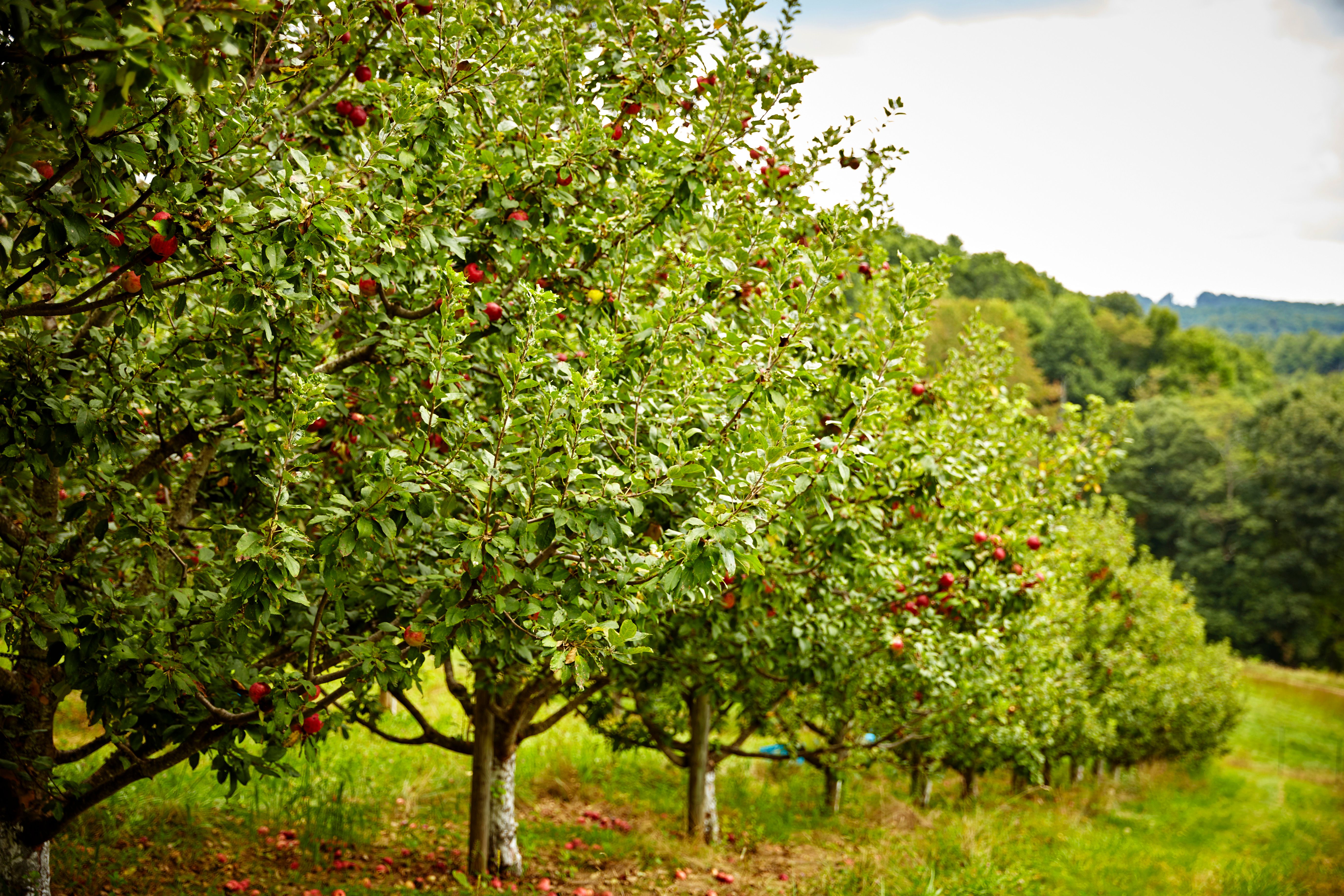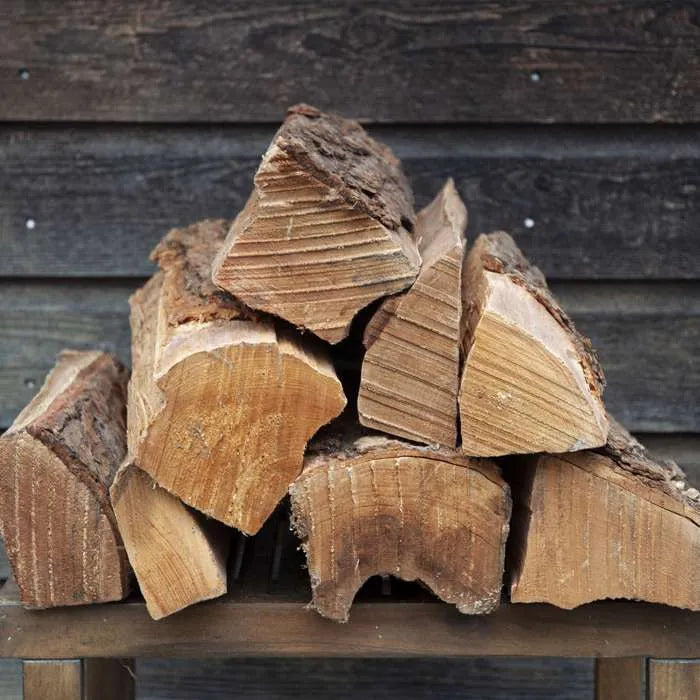Know when to say, “Zen…” How about now, when the world seems a bit cray-cray?
Wouldn’t it be nice to be able to retreat to your garden and enjoy the calm beauty it can provide? And when it’s a Zen or Japanese garden, with very deliberate features designed to create a relaxing, peaceful experience, it’s a very sweet retreat.
First, what exactly is a Zen garden?
Zen gardens are designed with a much more minimalist approach to planting and decoration.
They traditionally embrace soft, curvy shapes, but Zen trends have that soft planting contrasting nicely with sharp landscaping are where they’re evolving.
It’s all to create a soothing and tranquil space intended for contemplation, and if you’ve fallen in love with this kind of beauty (as we have at the Garden Market), there are several elements you can easily incorporate into your existing space.
Simplicity, simplicity, simplicity.
You definitely want to follow a “less is more” philosophy. Here, the space between plants is just as important as the plants themselves. It gives each element a more deliberate, well-placed feeling, and allows everything to have purpose and breathe.
Your water feature doesn’t have to be, well, water.
If you can incorporate a carp pond, excellent; it’s such a classic Japanese garden idea. It also allows you to plant water lilies, irises, and pond grasses to create a tranquil pond scene. But if you don’t have the space (or it’s just not practical), you can create the illusion of water with sand or fine gravel that’s carefully raked to look like water and ripples. This can be just as impactful as an actual water feature.
Solid as a rock.
Rocks are a rock-solid staple of Japanese garden design. Whether they’re placed in or near your water element, used in winding garden paths as stepping stones or stairs to draw you through the garden, or as single “statement” rocks, they’re a very important part of the peaceful, easy feeling you’re working to create.
Ahhhh, the Japanese Maple.
These beautiful trees are acer palmatums, and they are wonderfully low-maintenance, hardy trees that thrive in shady, sheltered spots. Everything about them exudes tranquility, with their graceful branches arching to form natural, sculptural shapes. Even better, Japanese maples rarely need pruning.
Speaking of trees…
Cherry blossoms also play an important part in Japanese culture, and they look lovely in a Zen garden. The prunus serrulata species are especially popular because they’re smaller trees that have a very attractive, upright growth habit.
These trees prefer more sunny spots than the Japanese maples, and erupt in glorious white to pinkish-red blossoms during the spring months.
Then there’s the quintessential bonsai.
If you have limited space in your garden, or are working on a deck, porch or patio, then a bonsai tree could be the answer.
But a bonsai isn’t a particular species of tree, it’s a technique that includes heavy crown pruning, root pruning, and root confinement in shallow containers.
In fact, nearly any perennial, woody-stemmed tree or shrub that produces true branches can be trained as a bonsai tree.
Is NOW the time to say, “Zen”? If you’re interested in creating your very peaceful, very relaxing, very beautiful Zen garden space, we can help you.
The Garden Market has plants, tools, soil, mulch, and encouragement to offer you!
Namaste, friends…









